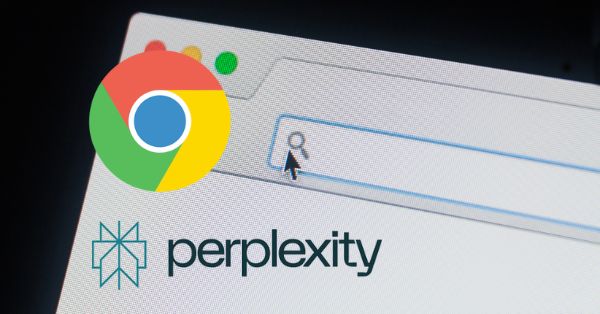The Changing Landscape of 5G Services
The era of complimentary 5G data offerings might be nearing its end, as leading telecom operators Reliance Jio and Bharti Airtel are reportedly considering discontinuing their unlimited 5G data plans. This potential shift, highlighted in recent media reports, signifies a strategic move towards enhancing revenue streams.
Impending Price Adjustments
Industry analysts predict that both Reliance Jio and Bharti Airtel could introduce a pricing model for 5G services that is approximately 5-10% higher than their current 4G rates. This change is expected to commence from the latter half of 2024, as per the Economic Times. The rationale behind this move is to improve monetization efforts and foster revenue growth.
Moreover, the telecom giants are also anticipated to increase mobile tariffs by a minimum of 20% in the September quarter of 2024. This strategy aims to optimize the return on investment (ROI) associated with their 5G infrastructure and customer acquisition costs.
Vodafone-Idea and BSNL: Yet to Join the 5G Bandwagon
While Reliance Jio and Bharti Airtel progress in their 5G endeavors, Vodafone-Idea and the state-owned BSNL remain on the sidelines of the 5G rollout in India.
Bharti Airtel’s Collaborative Efforts with Ericsson
In a notable development, Bharti Airtel has successfully completed a test of Ericsson’s pre-commercial Reduced Capability (RedCap) software on its 5G network. This testing was conducted in partnership with Qualcomm, utilizing its 5G RedCap test module. The exercise, performed on the 5G TDD network, marks the first implementation and validation of Ericsson’s RedCap technology in India.
Ericsson’s RedCap solution paves the way for a variety of new 5G use cases. It is designed to support a wider range of 5G connections, catering to devices beyond smartphones, such as smartwatches, wearables, industrial sensors, and AR/VR devices.
In Summary
The telecom industry is bracing for a significant shift as free 5G offerings could soon be a thing of the past. With Reliance Jio and Bharti Airtel at the forefront of this change, the landscape of 5G services and pricing in India is poised for a noteworthy transformation.






























